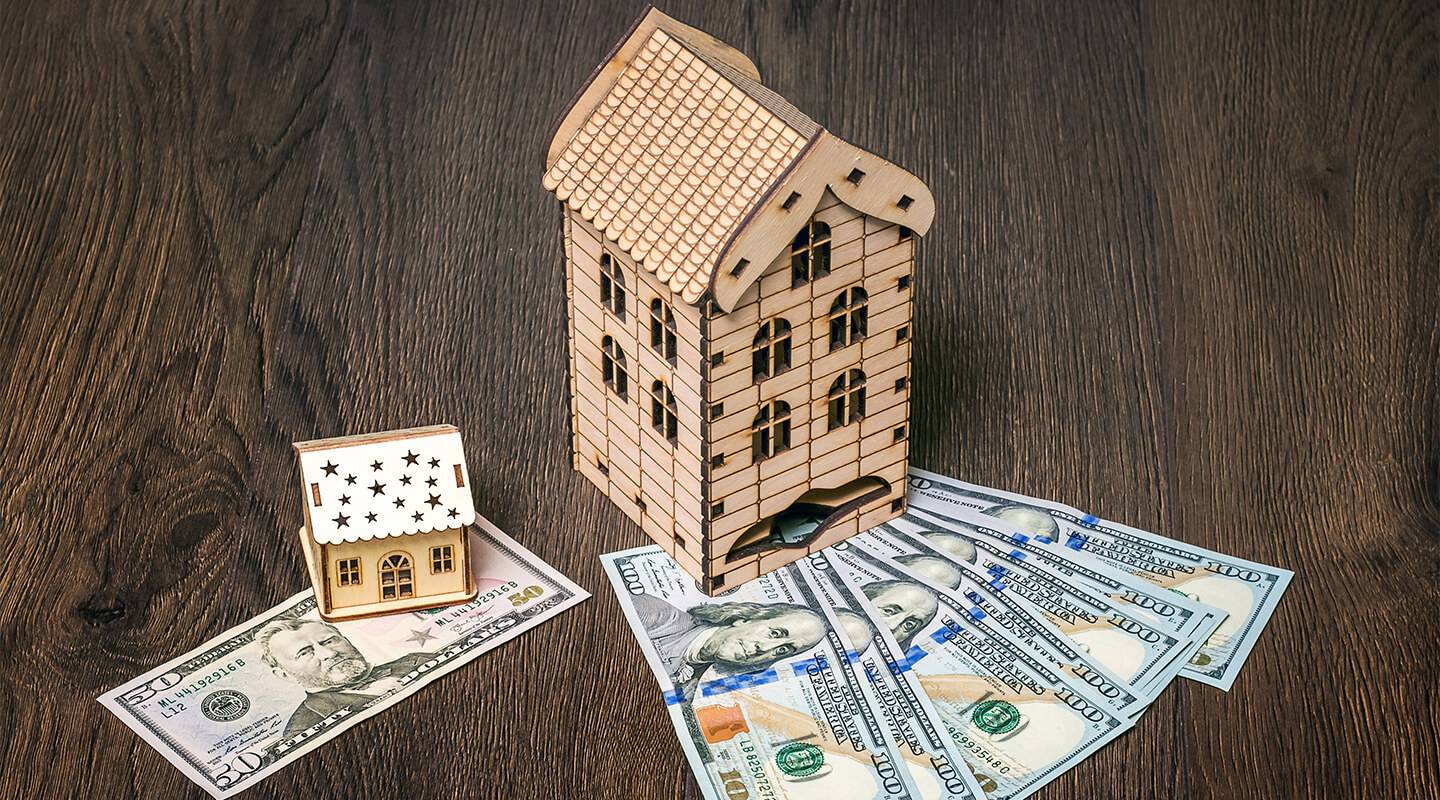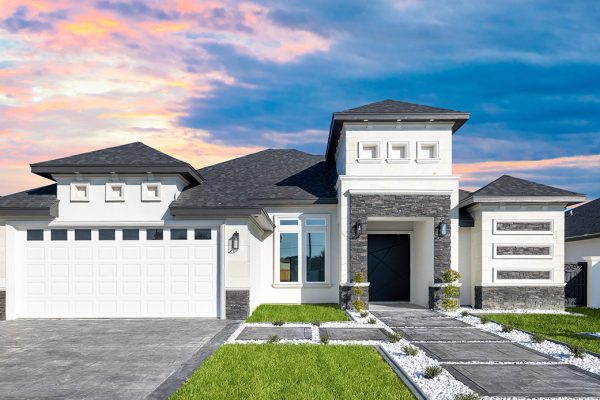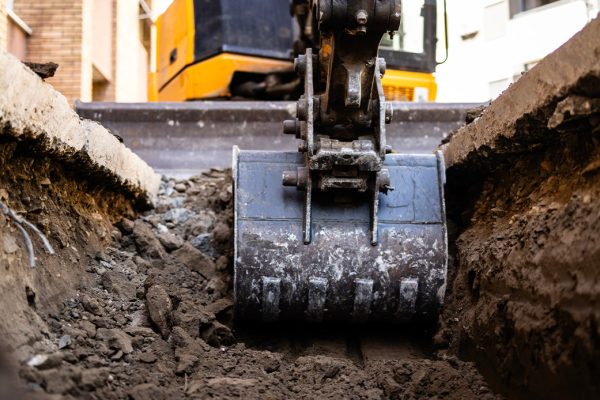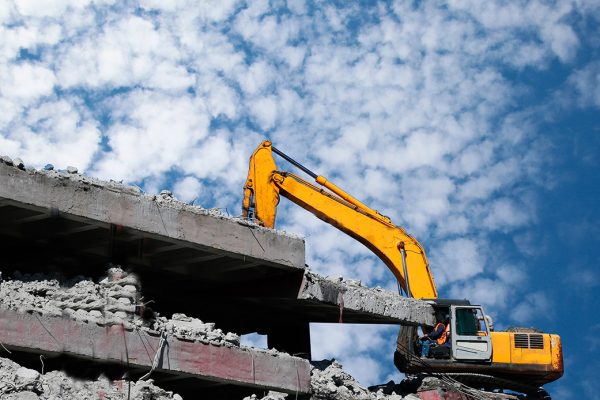You’ve all asked yourself this one question when home-hunting: Do I need a big or a small home? Before you answer that homeownership question, take a look at the pros and cons of big homes as well as small ones.
Benefits of a Big Home
Alright! Let’s look at the pros and cons of buying a big house. In short, you get more space and flexibility but shell out more cash.
More space
This is simply unbeatable if you can afford it. You get several bedrooms, additional guest quarters, a garage, a sprawling yard, and sometimes a basement.
Adaptable Space
You can convert spaces to fit your growing needs. Should you suddenly need a home office, you can carve out a quiet corner away from the noisy living room, away from the children and the pets.
Additional Storage
A big house is a safe place for your belongings. For instance, if you have bulky furniture and vintage décor, you are better off moving into a bigger house anyway. This way you’ll be able to store anything your hoarding spirit craves for.
Bigger Retirement Fund
Big homes usually mean high sales value when you sell them. Spare rooms can also be rented out which adds to your potential earnings. A big home will ensure a bigger resale value in the long term, this could be used to offset small retirement savings.
Custom Design
A big home yields well to customization. It gives you more breathing space, greater utility, and reflects your personal style.
Drawbacks of a large house
More Expensive
Bigger homes have bigger price tags. The upfront costs are high. The mortgages are high. The living costs in such a house begin to add up.
High Maintenance
Big houses naturally require extensive repairs over time. If you repair the roof, you need to repair a very large roof and so on. Regular upkeep could have you over stretching your resources. Plus, you also pay more for utilities.
Wastage of Space
More space doesn’t automatically mean it’s useful. Often homeowners find that additional rooms do not get lived in anymore but they still have to care for them. For instance, additional bedrooms may cease to be of use when children leave for college.
Benefits of a Small House
Now let’s see what buying a small house means.
Space That you Need
If you have a small family or are single, you may consider moving into a small house that’s snug and inviting. Every corner is more accessible. A good choice if you are planning to scale back post retirement.
Lower Monthly Bills
Your energy bills are going to be lower compared to those of a big house. Although property prices vary across localities, a smaller house means lower property taxes. Furthermore, when it comes to housekeeping, you’ll thank your stars for having few rooms to maintain.
Less Hoarding
Finally, there’s the golden chance to shed those musty sweaters and broken china you’ve refused to throw away. It’s nature’s way of making you more organized and a pro at managing existing space.
More Money for Everything else
Since you’ve not emptied your cash reserves on a grand mansion, you have more cash to squander. Now you can travel more or pursue your hobby. Or stash it away in the bank and breathe easy.
What are the Cons of Small Homes?
The House may Outgrow your Needs
A small house is not what is called future-proof. What if your needs change? What if you become a large family? There is no room for improvement. It is not possible to change residences frequently, so think carefully about the space requirements
Low Returns
While it’s true that the initial buying expense is low for a small house, it cannot be denied that its resale value also dips. Although real estate trends can’t be accurately predicted all the time, tiny spaces usually do not always give high returns.
It Always Looks Cluttered
No matter the number of times you put things back in their place, your small house looks messy. With time, you buy more things to worsen the situation. If there are very young kids in the house, you’ll forever play the tiding-up game.
Small homes are definitely more budget-friendly. But they turn messy pretty soon. Plus, there’s no assurance that it will meet all your future needs.
So, is a bigger home always better? If you still hesitate to answer, feel free to contact us about home ownership. Our home building team can help you choose the right home based on your preferences and budget.






